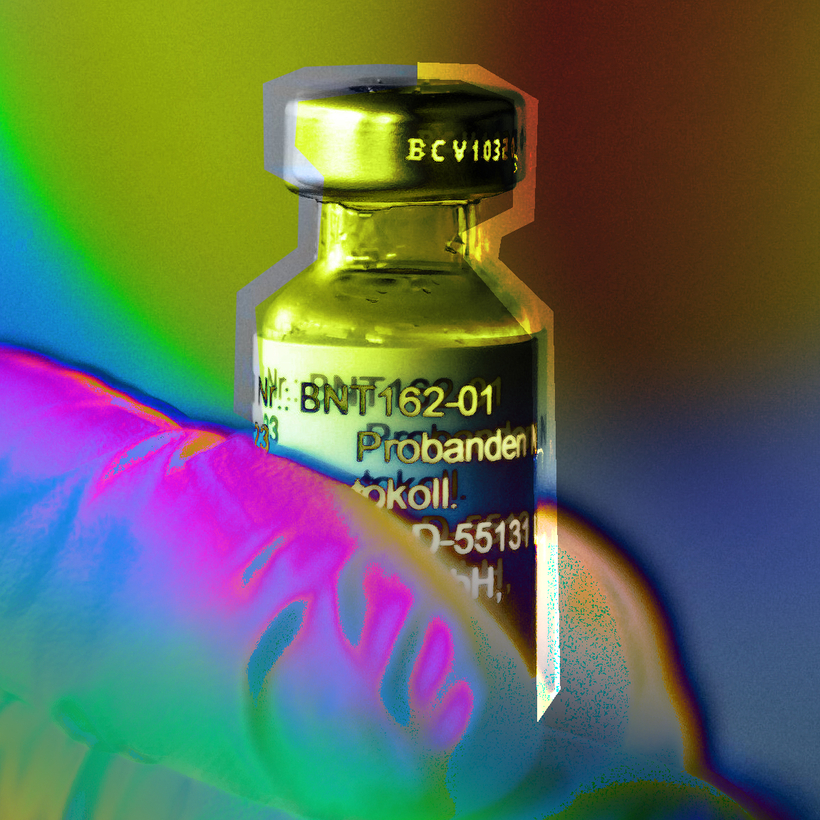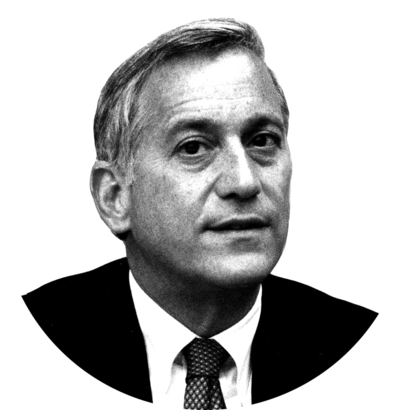One of the mixed blessings of living in New Orleans, in addition to being able to dance in the eye of a hurricane, is that our frequent health challenges make it easy to enroll in clinical trials.
In my case, it’s the trial of the coronavirus vaccine from Pfizer, which just made big news with its good results.
I am writing a book on how Nobel Prize winner Jennifer Doudna and her colleagues have been able to create a tool called CRISPR that can edit our DNA. The key molecule involved is RNA, the less celebrated sibling of DNA. RNA is also the genetic material of a coronavirus. And a few billion years ago, RNA was the molecule floating around in our planet’s primordial stew that probably spawned the creation of life.
So I was already a big fan of RNA when I read about how Pfizer and its partner BioNTech (and also a competitor named Moderna) were using RNA to make a newfangled vaccine to fight the coronavirus. Sign me up, I thought!
Our frequent health challenges make it easy to enroll in clinical trials.
In late July, despite my wife Cathy’s skeptical raised eyebrow, I went online and volunteered at the clinical trial being conducted at Ochsner Medical Center in New Orleans. I was called the very next day. I went to a clinic building where a dozen or so volunteers had shown up for scheduled appointments. No one seemed at all nervous, even after having to endure a half-hour “informed consent” lecture delivered by one of the nurses coordinating the trial. It was as if we had been called in to be a focus group for a new blend of coffee.
I was put into a room that looked like an ordinary medical office, and then two doctors came in with a syringe. One of them stood on my right and told me to look into her eyes. It seemed like an odd request, but I obeyed. They were very blue, just like the color of her mask. When I started to turn away toward the other doctor, who was taking a syringe out of a box, the first doctor sternly ordered me not to. “No!” she said loudly. “Look at me!”
I must have looked startled, because in a more soothing tone she explained that because I was part of a blind clinical trial, the researchers had to be certain that I didn’t figure out whether I was getting a real dose or a placebo.
“Would I really be able to tell just by looking?,” I asked.
“Probably not,” she answered, “but we want to be careful.” Both of the doctors knew whether or not it was the real vaccine, but they were not allowed to tell me—or the Pfizer team.
It was as if we had been called in to be a focus group for a new blend of coffee.
I was told that the study could last two years. That made me a little nervous. What would happen, I asked, if the vaccine got approved before then? They told me that I would then be “unblinded,” meaning that they would tell me if I had gotten the placebo and, if so, they would immediately give me the real vaccine.
What would happen if some other company’s vaccine got approved while our trial was still underway? She paused, then said delicately, “That’s not been decided.”
I was told that the study could last two years. That made me a little nervous.
I needed an answer, so I e-mailed Francis Collins, director of the National Institutes of Health, which is funding and overseeing the vaccine studies. Apparently, the N.I.H. had struggled with the same concerns. “You have asked a question that is currently engaging the members of the Vaccines Working Group in serious debate,” he replied.
It seems that the best practices for the protocol are being worked out alongside the formula for the vaccine. That week, the Department of Bioethics at N.I.H. issued a “consultation report” on this issue. I was relieved to learn that N.I.H. has something called a Department of Bioethics; I felt even better after reading their findings.
It comes down to this: If you’re in a trial of a vaccine that gets F.D.A. approval, you will immediately be “unblinded” and told whether you were in the placebo group, in which case you will be given the real vaccine. If you’re in one trial and another company’s vaccine is approved, the new, approved vaccine will be offered to those who were in the placebo group in your trial.
On the day the news broke about the preliminary results of the trial—it was proving more than 90 percent effective—the principal investigator running the trial for Ochsner spoke to me by phone. She was very helpful. If and when the vaccine got authorization, I would immediately be contacted to let me know whether I had received the real vaccine or the placebo. And if I was in the latter group, arrangements would be made for me to receive the real thing.
I still don’t know whether or not I got the real deal. But there is something sweet about being a small part of a process that could put an end to the worst pandemic the world has endured in a century. It made me feel as if I had done a small civic act, like serving on jury duty, although it was not nearly as much of a hassle.
More importantly, it made me feel more connected to the science. Just as we all have had to learn, over the past 50 years, something about digital technology, in this new age we will have to become familiar with the basics of biotechnology. Molecules will be the new microchips, and the future will belong to kids who know how to code both of them.
Science can sometimes seem intimidating, as if it’s a realm that’s reserved for only a priesthood of experts. But in the 21st century, challenges from climate to coronaviruses to CRISPR will require us all to be engaged. Taking part in a clinical trial is a small and easy way to further the cause of citizen science and to feel a bit more connected to the medical wonders that will save our lives.
Walter Isaacson, a professor at Tulane University, is the author of The Code Breaker: Jennifer Doudna, Gene Editing, and the Future of the Human Race, to be published in March


